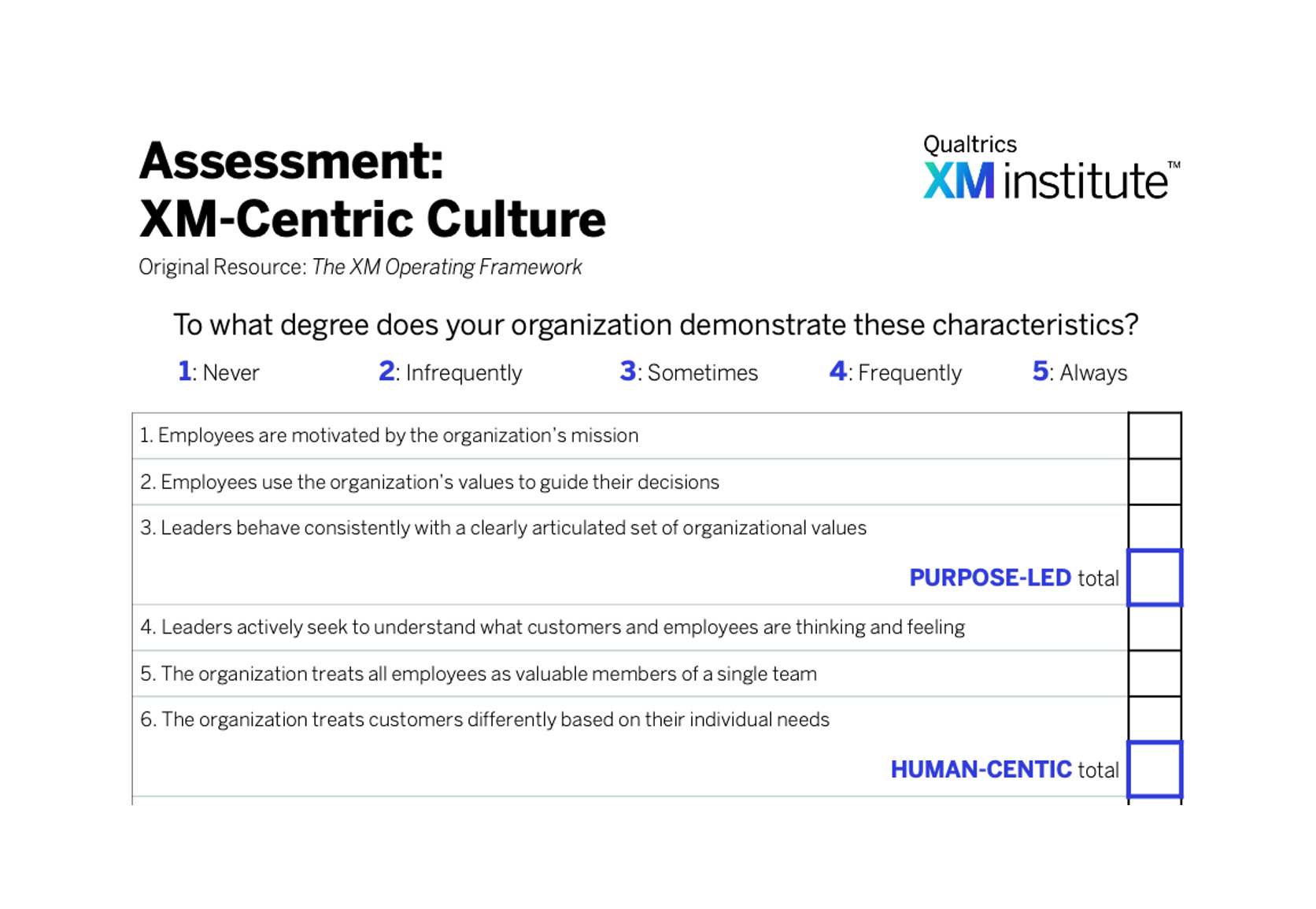Given the recent closing of Temkin Group, it seems like a good time to reflect on what I’ve learned over the last decade or so of building a successful business, creating a world-wide association, and nurturing the CX movement. Looking back, here are six principals that have helped me succeed:
1) Actively Simplify.
When faced with new situations, it often seems easiest to add layers of rules or additional concepts. In other words, the natural flow of an organization supports increasing levels of complexity. This added complexity can cause enormous unforeseen problems, such as misalignment internally and confusion externally. As a matter of fact, I think complexity is one of the most severe, yet under-appreciated issues within large organizations. I’ve tried to address this by constantly pruning our offerings to things that we could deliver well, and rationalizing all of our content into simple, connected storylines.
2) Tell Stories.
There’s nothing more memorable than a good story. I love this quote by Jonathan Haidt, the “human mind is a story processor, not a logic processor” and this one by Philip Pullman, “‘Thou shalt not’ is soon forgotten, but ‘Once upon a time’ lasts forever.” That’s why I’ve always obsessed about the storyline in our research, content, training, and speeches. As a matter of fact, I spend a lot more time thinking about the storyline in my speeches than I do about the core content.
3) Embrace Reality.
One of the most impactful moments of my career was when I worked for General Electric and I heard Jack Welch say, “deal with the world as it is, not how you’d like it to be.” I’ve adopted this concept as one of my core beliefs. All too often, I see people conflate what they hope was happening with what was really happening. This leads to bad decisions based on inaccurate assumptions.
4) Have A PoV.
I consider myself a full-time student of experience design, organizational dynamics, and human behavior. I’ve found that the fastest way to build knowledge is to “softly” lock into a strong point of view (PoV), and use it as a frame to examine the world. I learn by strengthening my PoV when I find things that fit into it, and adjusting or even abandoning it when I find things that don’t quite fit. That’s why the content we created has always been heavily focused on helping people develop and shape their POVs, rather than listing a bunch of tactical activities.
5) Be Transparent.
Throughout my career, I’ve tried to be brutally honest. People around me know what I’m thinking, and they can trust that I am sharing my true feelings. While it’s not a good strategy for poker, it’s an approach that helps in many ways. First of all, I don’t need to expend the energy to keep track of multiple narratives. Second of all, it forces me to make better decisions. I’ve coached executives to assume that people will eventually find out what they’re doing, so they should make decisions that they will be comfortable defending in the future. Transparency also helps people anticipate how I will make decisions in the future, so they can proactively align with my direction.
6) Care About People.
Everything succeeds or fails because of people. As an extreme introvert who started his career as an engineer, it took me many years to learn this lesson. I’ve had the opportunity to build new organizations and help leaders change behemoth companies. No matter what I’m working on, I always try to empathize with the human beings who are leading the new strategies, employees who need to change what they do to make the strategies come to life, partners who need to buy into a shift in direction, and customers who will hopefully opt-into and get value from new experiences. Of all the things that I’ve been able to do, I’m most proud of the positive impact that I’ve had on people, whether I’ve met them or not. Caring about people is not only more motivating to me than driving business results, but it is also often the best path for achieving those business results.
The bottom line: I hope my lessons—from simplifying to caring—are helpful.





